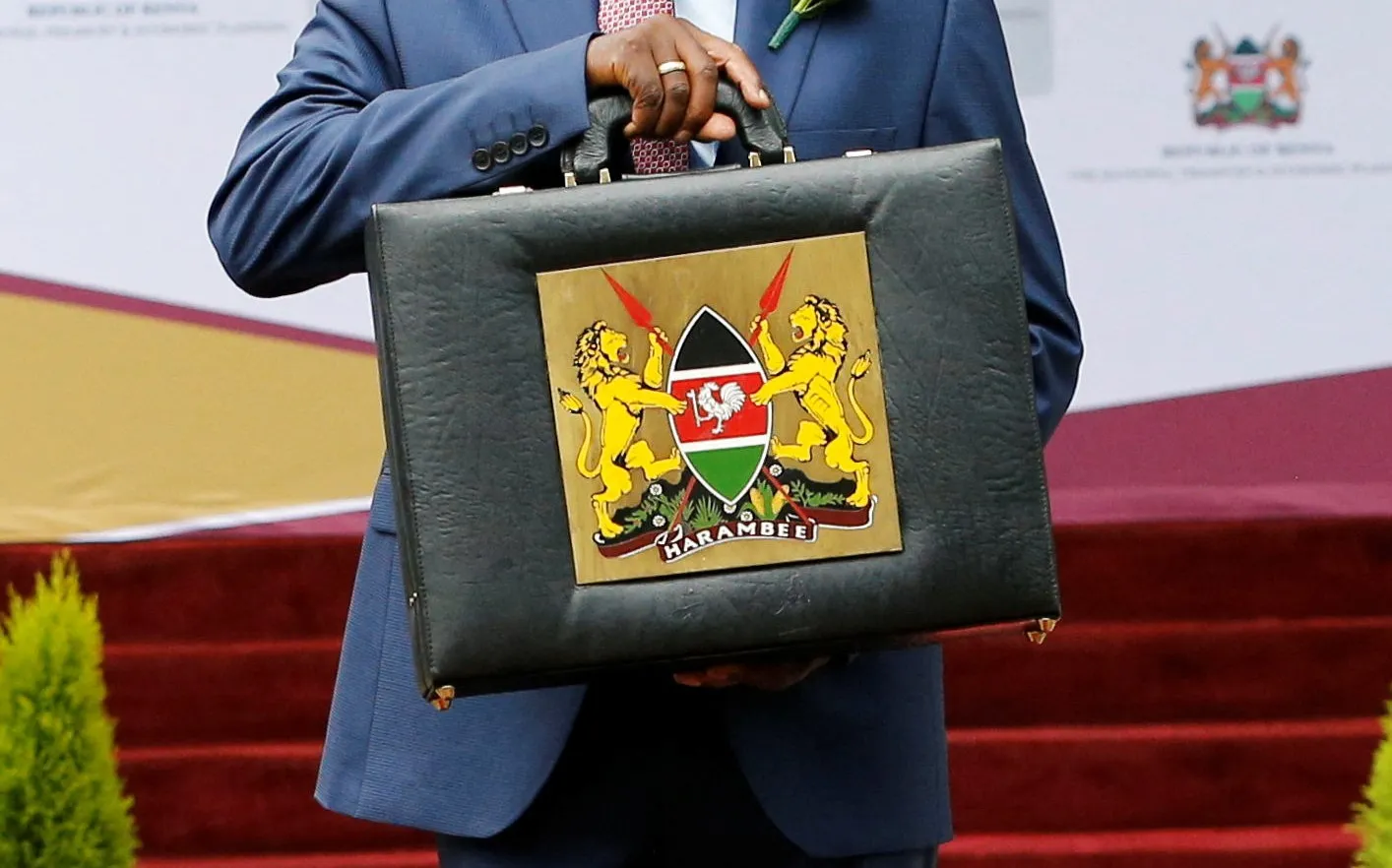In the wake of economic challenges and a populace worn down by repeated financial hits, the Finance Bill 2025 has landed in the hands of Kenyans with the weight of both expectation and caution. Tabled on 6th May 2025, the Bill promises to tighten tax administration and seal long-standing loopholes—but beneath this technical promise lies a slew of changes that will ripple through the lives of ordinary citizens, business owners, and investors alike.
A Mixed Bag for Employees and Employers
One of the most welcomed proposals is the increase in tax-free per diem from KES 2,000 to KES 10,000—a long-overdue acknowledgment of the real costs faced by employees travelling for work. Even more heartening is the full tax exemption on pensions and gratuities, finally giving retirees a well-earned financial break. For years, these citizens contributed to building this nation. Now, the government says: “Rest easy—we won’t tax your sunset.”
Employers, however, must now shoulder a heavier responsibility by ensuring all eligible tax reliefs are applied at the payroll level. This addresses a deeply frustrating process for many employees who had to chase KRA refunds due to their employers’ negligence. It’s a win for justice in the working world.
The Digital Economy: A Double-Edged Sword
In an era where technology is reshaping every sphere of life, the Bill makes some bold moves. It expands tax obligations for digital service providers—now even the smallest foreign platforms earning from Kenya must pay up. This may appear fair, but it also risks alienating emerging players due to its administrative complexity.
On the upside, the reduction of the digital asset tax from 3% to 1.5% is a rare nod of encouragement for Kenya’s crypto and virtual asset enthusiasts. For a sector brimming with innovation and youth potential, this relief feels like a small but hopeful embrace.
Shifts That Cut Deep
The proposal to limit carry-forward of tax losses to five years is perhaps one of the most contentious changes. Startups and long-term projects—many of them already struggling—could be left vulnerable, unable to recover early losses when they finally turn profitable.
Equally troubling is the removal of key capital investment deductions and the reclassification of VAT-exempt goods to taxable ones at 16%. From food supplements to solar equipment, what was once affordable may soon become unreachable for the common mwananchi. For a country trying to grow its regions beyond Nairobi and Mombasa, this is a move that feels like a step back.
Clarity or Complexity?
In what many will see as a victory for fairness, the Bill now requires KRA to provide reasons when issuing amended tax assessments. Finally, taxpayers will not be left in the dark, facing obscure tax demands without an explanation. This is transparency in action—perhaps one of the most citizen-focused amendments in the Bill.
However, other changes muddy the waters. The removal of data protection safeguards in tax integration raises red flags about privacy. Businesses that handle sensitive client data may find themselves caught between protecting customer trust and complying with new tax rules.
Closing Loopholes or Creating New Burdens?
The introduction of VAT on services such as Netflix, Spotify, and YouTube aims to level the playing field between local and foreign broadcasters. Yet, the cost will inevitably fall on Kenyan consumers. Will the government’s need for revenue outweigh the need to foster local creativity and access to global knowledge?
And while Advance Pricing Agreements (APAs) and more defined excise duty structures aim to simplify cross-border taxation and revenue collection, their implementation will test the already stretched capacity of the Kenya Revenue Authority (KRA).
A Call to Balance
The Finance Bill 2025 is not just a fiscal document—it is a moral statement of who we choose to support and how we envision Kenya’s future. It is both a blueprint for efficiency and a reminder of the fragility of public trust.
Yes, some measures are commendable. Others feel tone-deaf to the real struggles Kenyans face daily. If passed without further consultation or amendment, the Bill could deepen inequality, stunt innovation, and make life more expensive—especially for those already teetering on the edge.
In this pivotal moment, one thing is clear: the Kenyan people are watching. They are reading between the lines, measuring each clause against their daily bread, their dreams, and their dignity.
What Are your Thoughts on the finance Bill.
Download The Finance Bill here to read it for yourself – https://drive.google.com/file/d/1WmRyijKyvan5rjQvPqm5gH2DkSToNHkd/view?usp=sharing


